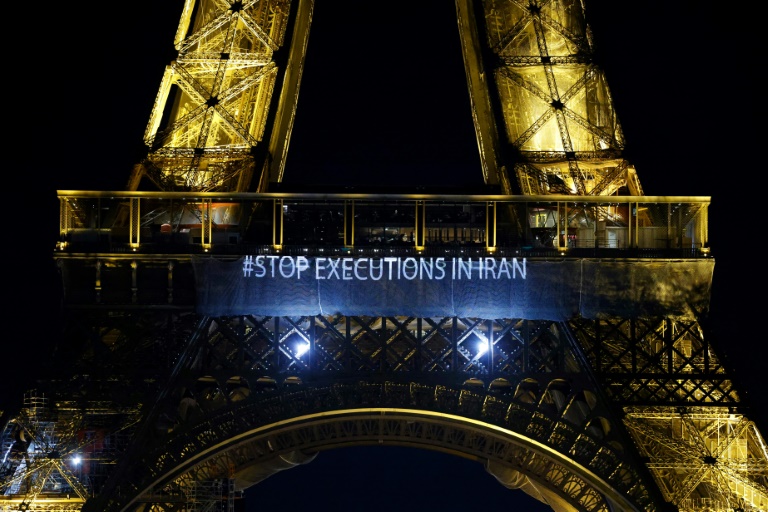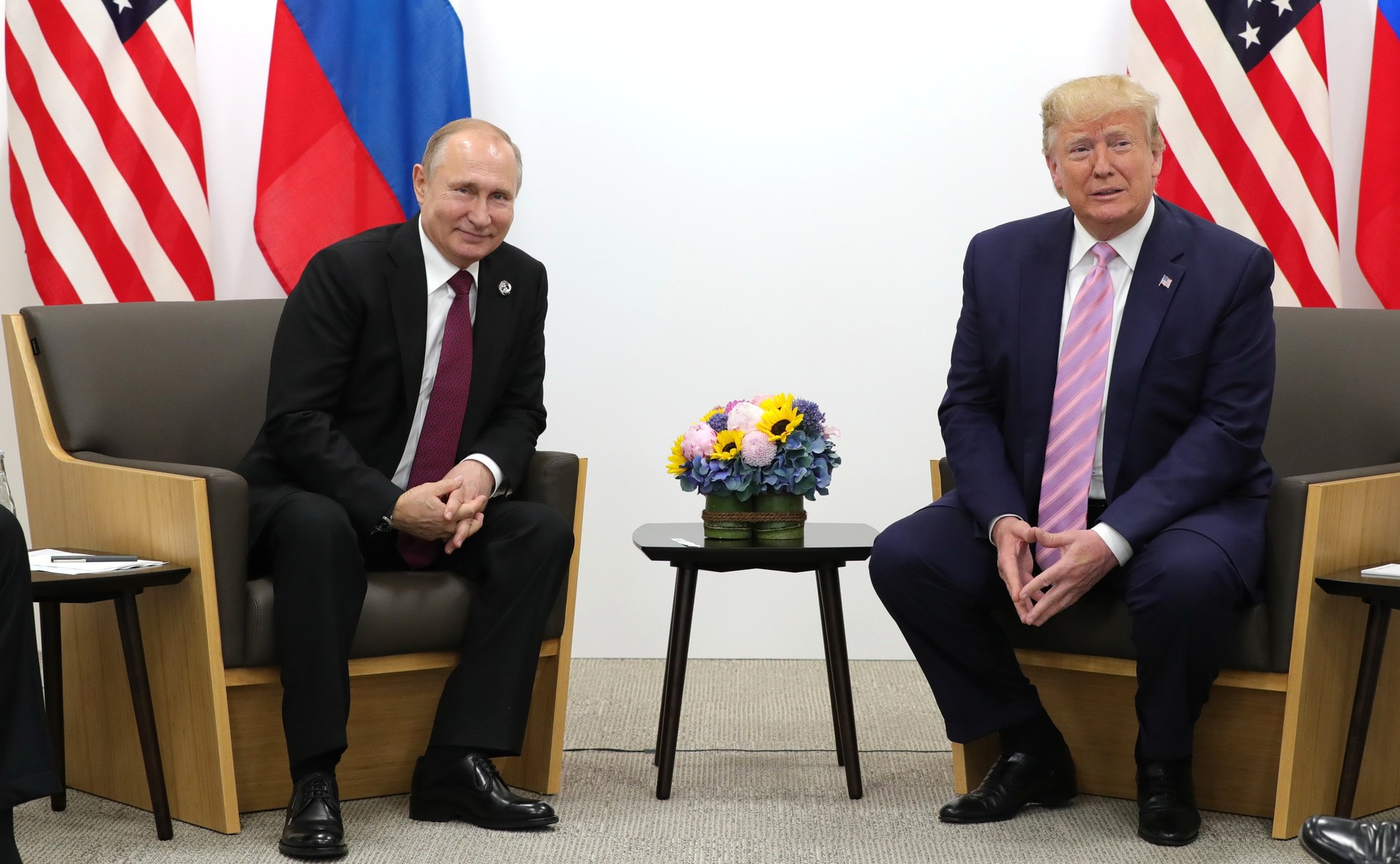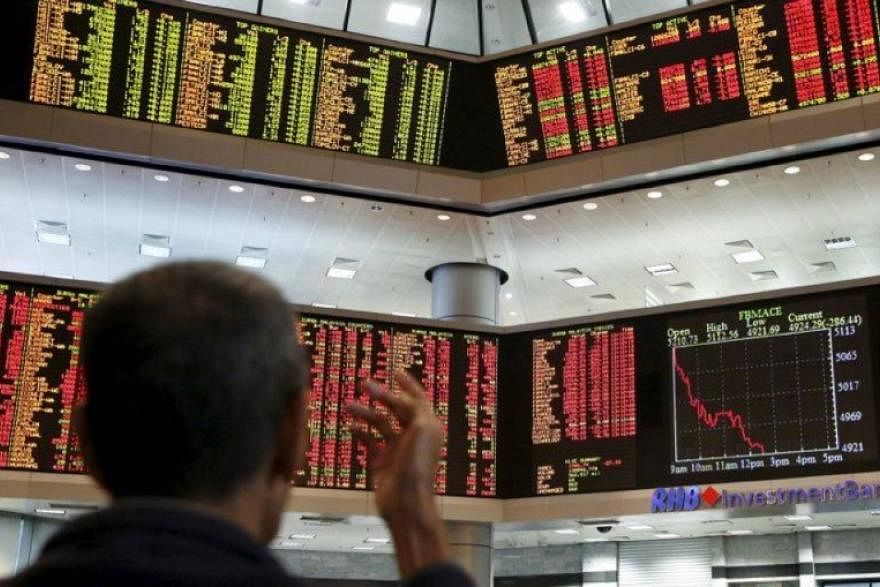Iran executed a “staggering” total of at least 834 people last year, the highest number since 2015 as capital punishment surged in the Islamic republic, two rights groups said Tuesday.
The number of executions, which Iran has carried out by hanging in recent years, was up some 43 percent on 2022.
It marked only the second time in two decades that over 800 executions were recorded in a year, after 972 executions in 2015, Norway-based Iran Human Rights (IHR) and Paris-based Together Against the Death Penalty said in the joint report.
The groups accused Iran of using the death penalty to spread fear throughout society in the wake of the protests sparked by the September 2022 death in police custody of Mahsa Amini that shook the authorities.
“Instilling societal fear is the regime’s only way to hold on to power, and the death penalty is its most important instrument,” said IHR director Mahmood Amiry-Moghaddam in the report, which described the figure of 834 as a “staggering total”.
Iran has executed nine men in cases linked to attacks on security forces during the 2022 protests — two in 2022, six in 2023 and one so far in 2024 — according to the rights groups.
But executions have been stepped up on other charges, notably in drug-related cases, which had until recent years seen a fall.
“Of particular concern is the dramatic escalation in the number of drug-related executions in 2023, which rose to 471 people, more than 18 times higher than the figures recorded in 2020,” said the report.
Members of ethnic minorities, notably the Sunni Baluch from the southeast of Iran, are “grossly overrepresented amongst those executed” on drug-related charges, it said.
At least 167 members of the Baluch minority were executed in total, accounting for 20 percent of the total executions in 2023, even though the minority accounts for only around five percent of Iran’s population.
ECPM director Raphael Chenuil-Hazan said the “lack of reaction” by the United Nations Office on Drugs and Crime (UNODC) was sending “the wrong signal to the Iranian authorities”.
Most hangings in Iran are carried out within the confines of prison but the report said that in 2023 the number of hangings carried out in public in Iran tripled from 2022, with seven people hanged in public spaces.
At least 22 women were executed, marking the highest number in the past decade, the report said.
Fifteen of them were hanged on murder charges and NGOs have long warned that women who kill an abusive partner or relative risk being hanged.
In 2023, only 15 percent of the recorded executions were announced by official Iranian media, with IHR confirming the other executions with its own sources.
Amiry-Moghaddam expressed concern that a lack of international outrage at the executions, in particular with attention focused on the Gaza war between Israel and Hamas, was only encouraging the Islamic republic to carry out more hangings.
“The inconsistency in the international community’s reaction to the executions in Iran is unfortunate and sends the wrong signal to the authorities,” he said.







